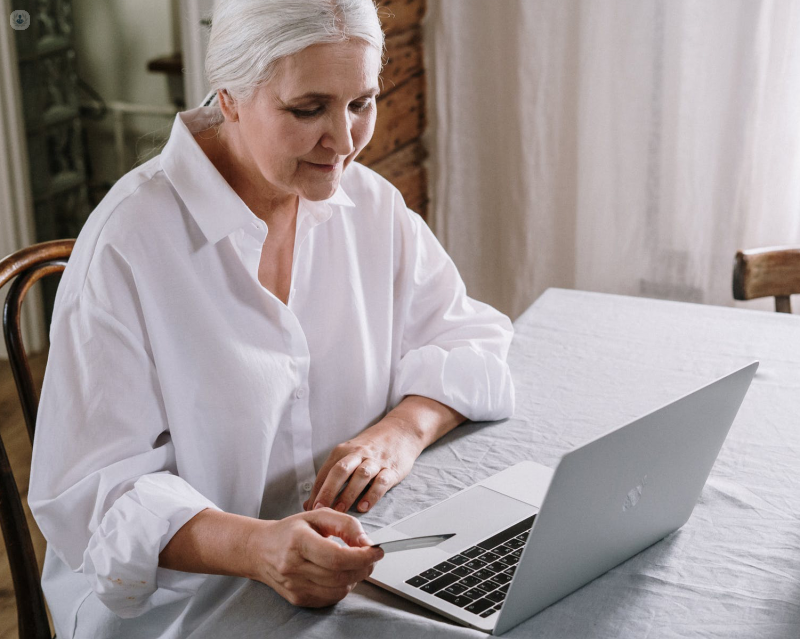Gallstones: do I need surgery?
Written by:Gallstones are a common problem occurring in around 10% of people in their 60’s and 70’s. They are often discovered, however, on routine scans for other conditions and many do not cause problems and therefore can quite often be left alone.
They can cause symptoms in younger women, typically around 40 years old or sometimes during pregnancy. Here in this article, one of our top surgeons Mr Philip Ridings explains everything that you need to know about gallstones and the possible treatment options.

What are gallstones?
The gallbladder is a small balloon-shaped organ attached to the liver under the right ribs. It stores a small portion of bile produced by the liver and empties into the bowel after a large or fatty meal. Bile contains bile salts, amongst other things, which helps fat digestion. Bile also contains cholesterol produced by the liver and if the balance of bile alters, cholesterol can crystallise and eventually form stones.
What are the problems of gallstones?
Gallstones although often asymptomatic can cause a number of problems. Firstly, typically after fatty food, they can cause severe pain in the upper abdomen under the ribs on the right but also moving across the abdomen and into the back and shoulder blade.
These pains can last for several hours often in the evening and night-time. This is called biliary colic and is sometimes so severe it prompts a visit to A&E. A low-fat diet can often help prevent this in the first instance.
If the stones block the gallbladder exit then it can become infected causing persistent pain and a temperature requiring antibiotics often in the hospital. If stones are small they can leave the gallbladder and enter the liver tube (bile duct). If they do not pass through quickly they can then cause jaundice (yellow eyes, dark urine) or pancreatitis which is potentially serious.
How are gallstones diagnosed?
Gallstones are usually diagnosed with a simple ultrasound scan but sometimes an MRI scan of the livers is also required.
How are gallstones treated?
If gallstones are causing recurrent problems, despite a low-fat diet, then we do usually recommend an operation to remove the gallbladder and stones. This is usually keyhole surgery and often as a day case with rapid recovery.
I usually recommend two weeks off work but many go back a little earlier. There is a small chance of converting to a bigger open operation if there are technical problems but this risk is only 4% and can be predicted preoperatively.
Following surgery, the vast majority of patients can eat a normal diet although the bowels can be loose for a couple of months as the body adjusts. If stones have moved out into the bile duct then we want to clear this before an operation with a telescope test called ERCP done under sedation.
If you have small gallstones discovered then I do often recommend surgery as they are more likely to cause complications such as pancreatitis or jaundice. The size or number of stones is not a guide to the severity of pain! Other treatments such as dissolving therapy, laser shattering or ‘liver flushing’ are not generally effective and should be avoided.
If you would like to discuss your symptoms of gallstones with Mr Riding, you can make an appointment with him via his Top Doctor’s profile here.


